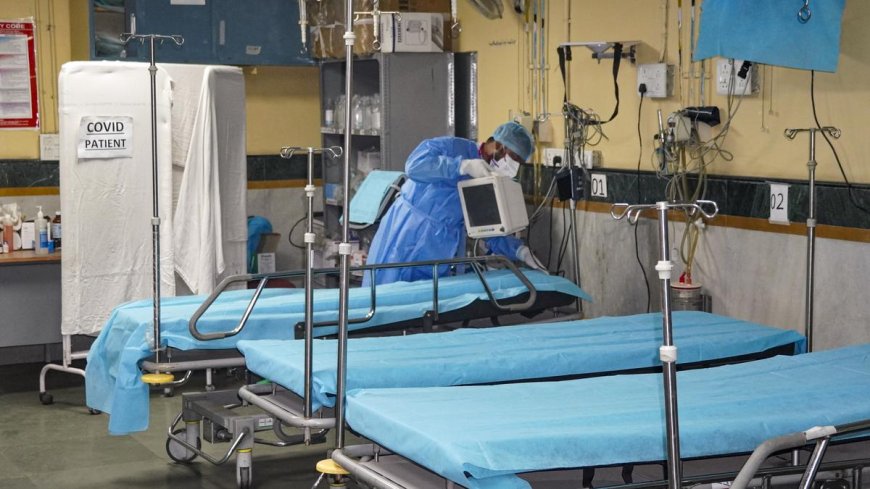How a lung gene is linked to post-COVID symptoms as per genetics study

How a Lung Gene is Linked to Post-COVID Symptoms as Per Genetics Study
Breaking News, Daily Updates & Exclusive Stories - asarkari. In a significant breakthrough in understanding the complexities of post-COVID symptoms, new research has unveiled a connection between specific lung genes and the lingering effects faced by certain individuals after recovering from the initial COVID-19 infection. This study sheds light on a condition referred to as "long COVID," a term used interchangeably with post-acute sequelae of SARS-CoV-2 infection (PASC).
Understanding Long COVID
Long COVID encapsulates a range of symptoms that persist for weeks or even months following the initial phase of illness. While many people recover quickly from COVID-19, a substantial number face a variety of debilitating symptoms—such as fatigue, shortness of breath, and cognitive dysfunction. The condition has prompted significant medical attention, but the reasons behind its varied impact among individuals have remained elusive.
Unpacking the Study Findings
The recent genetics study investigated why certain patients develop long COVID, while others complete their recovery without experiencing lingering health issues. Researchers focused on lung genetics, identifying specific genes that play a crucial role in respiratory health and recovery. The findings suggest that variations in these genes may predispose certain individuals to long COVID symptoms, providing a clearer picture of the genetic risk factors involved. It highlights the urgent need for personalized treatment strategies to address lingering symptoms effectively.
Why Do Some Recover Quickly?
The study not only examines genetic predisposition but also explores environmental and health-related factors contributing to long COVID. This multifaceted perspective has been necessary to decode the differences in recovery outcomes. Additionally, researchers suggest that existing health conditions such as asthma or chronic obstructive pulmonary disease (COPD) could interact with these genetic factors, exacerbating post-COVID symptoms.
Implications for Future Research and Treatment
The identification of a lung gene linked to long COVID has pivotal implications for the ongoing management and treatment of patients. Medical professionals are urged to consider genetic testing as a potential avenue for assessing risk in patients recovering from COVID-19. If these genes can be further studied and understood, it may lead to the development of more effective therapies tailored for individuals experiencing long COVID.
Moreover, the findings pave the way for a deeper exploration of personalized medicine, where treatments could evolve based on an individual’s genetic profile. As healthcare professionals delve deeper into the genetic landscape of long COVID, it is essential to validate these findings through further studies and larger sample sizes. This research is not merely academic; it holds the potential to reshape our approach to post-COVID care.
Conclusion
As over a million people worldwide continue to grapple with the consequences of COVID-19, understanding the intricate relationship between lung genes and long COVID becomes increasingly critical. With the emergence of this new research, there is hope that health experts can develop comprehensive strategies to help those affected navigate their recovery journey. Ongoing collaboration between geneticists and healthcare providers is crucial for addressing the challenges posed by long COVID.
For more updates, visit https://asarkari.com. This study not only represents a stride towards understanding long COVID but also offers renewed hope for millions still battling its debilitating effects.
Keywords:
lung gene, post-COVID symptoms, long COVID, genetic study, COVID-19 recovery, respiratory health, PASC, personalized treatment, genetic predisposition, healthcare strategies.What's Your Reaction?
 Like
0
Like
0
 Dislike
0
Dislike
0
 Love
0
Love
0
 Funny
0
Funny
0
 Angry
0
Angry
0
 Sad
0
Sad
0
 Wow
0
Wow
0










































